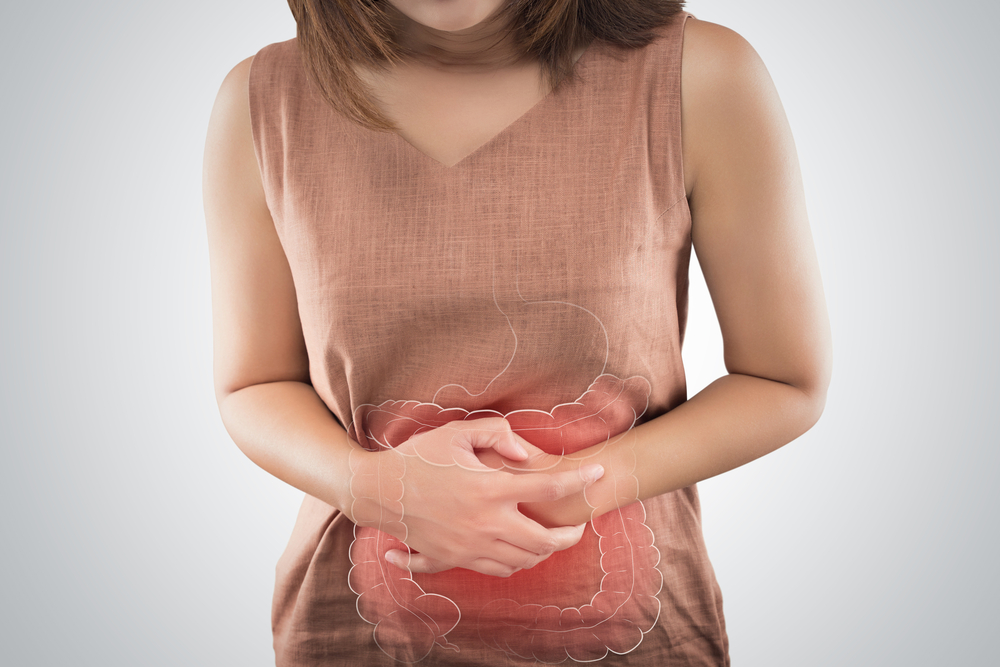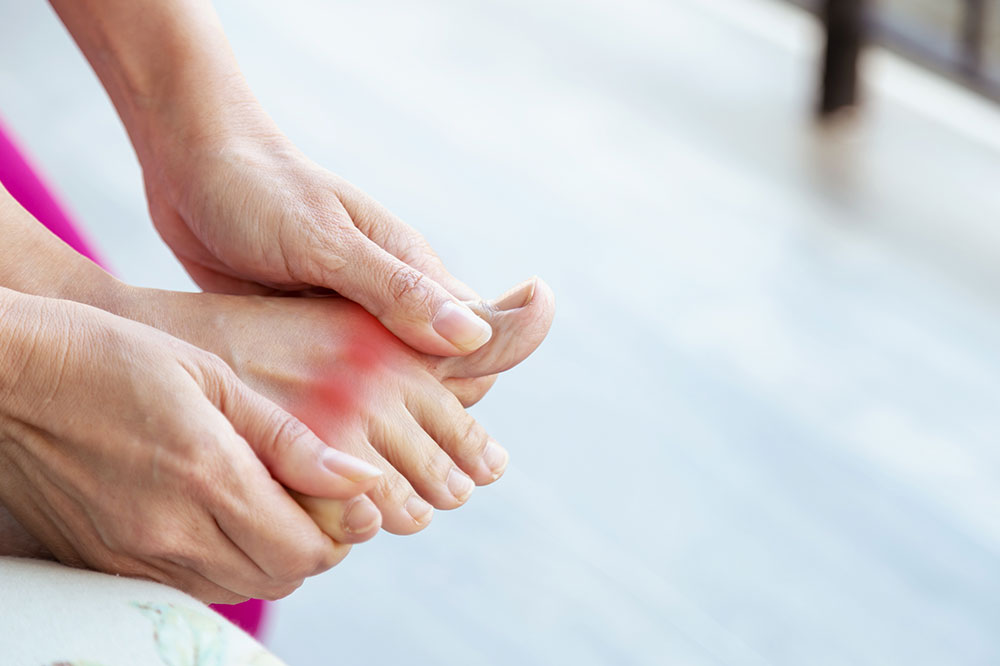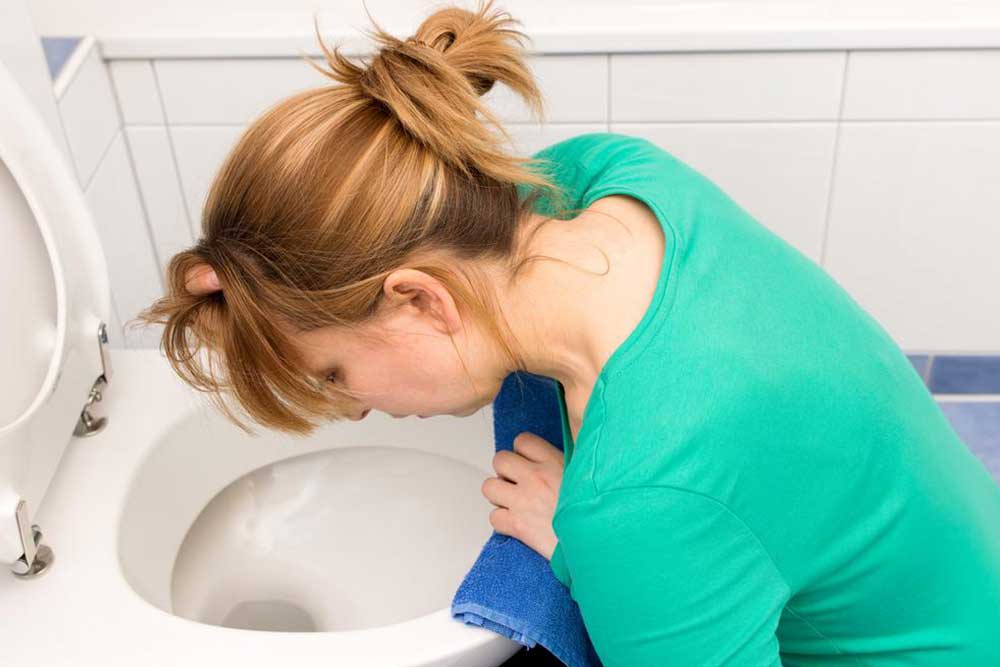Understanding Colon Polyps: Causes, Symptoms, and Prevention
This article provides comprehensive information on colon polyps, including causes, symptoms, and preventive strategies. It emphasizes the importance of regular screenings like colonoscopies for early detection and removal. Key risk factors such as diet, lifestyle, and genetics are discussed, along with signs that warrant medical consultation. Maintaining healthy habits and proactive screenings are vital in reducing colon cancer risk. Designed for general awareness, the content aims to educate readers about colon health and the significance of early intervention.

Understanding Colon Polyps: Causes, Symptoms, and Prevention
Introduction to Colon Polyps
Colon polyps are small growths that form on the inner lining of the large intestine. While most are benign, some can develop into colon cancer over time, making early detection crucial. Anyone can develop these growths, but risks increase for those over 50, smokers, overweight individuals, or those with a family history of polyps. Regular screening, particularly colonoscopies, helps in early identification and removal before they turn serious. Preventative measures and timely testing are key to reducing colon cancer risk.
Although causes are not fully understood, colon polyps often result from abnormal tissue growth. They develop when the body produces excess cells that divide before they're needed, leading to polyps. Factors like high red meat consumption, low fiber diet, smoking, obesity, and inherited genetic conditions can increase risk. Recognizing that polyps often show no symptoms emphasizes the importance of regular screenings for early detection and prevention.
Signs to Watch For
Most individuals experience no noticeable symptoms.
Rectal bleeding is common and may be the only sign.
Blood in stool can appear as red streaks or black discoloration.
Persistent fatigue from anemia due to blood loss.
If bleeding or blood in stool occurs regularly, consulting a healthcare professional is essential.
Preventing Colon Polyps
Engage in routine screening procedures like colonoscopy.
Maintain a healthy lifestyle with a diet rich in fruits, vegetables, and whole grains.
Reduce intake of processed meats and high-fat foods.
Limit alcohol consumption and quit smoking.
Stay physically active and manage weight effectively.
When to Seek Medical Advice
Blood in stool or rectal bleeding.
Ongoing abdominal pain.
Changes in bowel habits lasting more than a week.
Discussing vitamin D and calcium intake with your doctor may also be beneficial, as some studies suggest they could help reduce polyp recurrence. Regular check-ups and healthy habits play vital roles in protecting against colon cancer.










